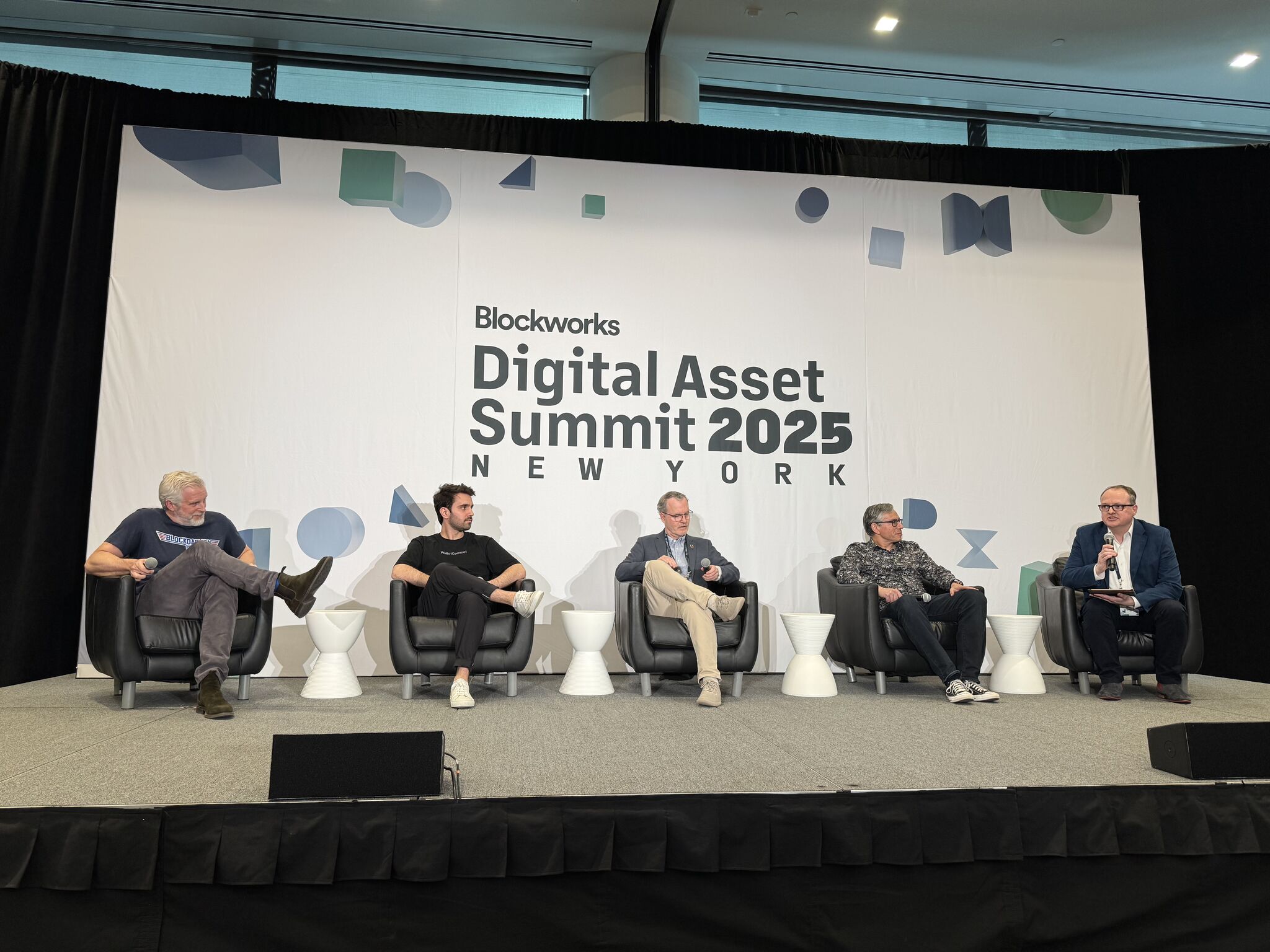Recently, I sent an email to all the members of the Enterprise Ethereum Alliance (EEA) outlining our intention to explore new directions for our organization.
This decision is a direct reaction to what we see as a profound – and very exciting – evolution of the Ethereum ecosystem as a global business platform. Because this evolution has important implications not just for us, but for the wider business community, I wanted to share some of this thinking with the general public in this blog post.
The decentralized future is here
As I wrote to our members, when the EEA was founded in 2017, our focus was on what we called Enterprise Ethereum, which primarily meant private, consortium-driven blockchain models. This was a reflection of the state of public Ethereum technology at the time, which wasn’t able to deliver the levels of privacy, permissioning, and performance needed for business use cases. These are what we call the “three Ps”, and they are essential.
Fast forward to today, and the landscape has changed dramatically. The Ethereum Mainnet has evolved into the most robust, trustworthy, and widely used blockchain Layer 1 in the world. An extensive ecosystem of Layer 2s, service providers, and other contributors has grown around it, offering robust solutions for the “three Ps” that businesses require.
This is laying the foundations for what we might call the “mainstreaming of decentralization”, a development that I believe – and have believed for a long time – will have a profound effect on the business world.
Among other things, viable decentralized business models built on public blockchains will allow for high levels of disintermediation, trustless transactions, radical transparency, tokenization of all sorts of tangible and intangible assets, new opportunities in decentralized finance and new scope for automation – not just of business processes but, potentially, of whole businesses.
None of these ideas will be new to anyone who follows blockchain. What is new is the immediacy. While not all the pieces fit together perfectly yet, I think it fair to say that the decentralized future is here now for those who wish to take advantage of it.
Asking the right questions
To leverage its benefits, businesses will need to understand the principles of decentralization and how to apply them in their specific context. This will mean asking themselves a number of important questions.
Here are just a few examples:
Decentralization can remove the need for intermediaries in various business processes, leading to more efficient and cost-effective operations through trustless transactions. How can you as a business take advantage of this in your particular market? What new possibilities are there for disintermediated business coordination that can help you be more efficient? And how should you react if your business model is based on being an intermediary?
The transparency inherent in public blockchains can provide businesses with an immutable and auditable trail of all transactions. This level of transparency can improve trust with customers and stakeholders. How can you leverage this with your own clients and suppliers? And what does this mean for business models built on information asymmetries?
At the EEA, we are asking these same questions ourselves.
From the outset, our mission has been to help businesses “onboard” into the Ethereum world. While this mission is as important as ever, supporting businesses in the decentralized world of public blockchain is a different prospect than doing so for the world of private blockchain.
And so as the ecosystem evolves, we have been evolving with it. And continue to do so. As I wrote to our members, I will be spending a great deal of my time over the next few months talking with people and organizations in the Ethereum ecosystem to get their views on the most pressing needs of our ecosystem today and going forward.
These types of discussions about the implications of a shifting landscape are always important. I think they are particularly important at the present moment. I would recommend that businesses interested in blockchain do the same.
New vistas provided by public blockchain are opening up. We all should be looking at where they may lead.

